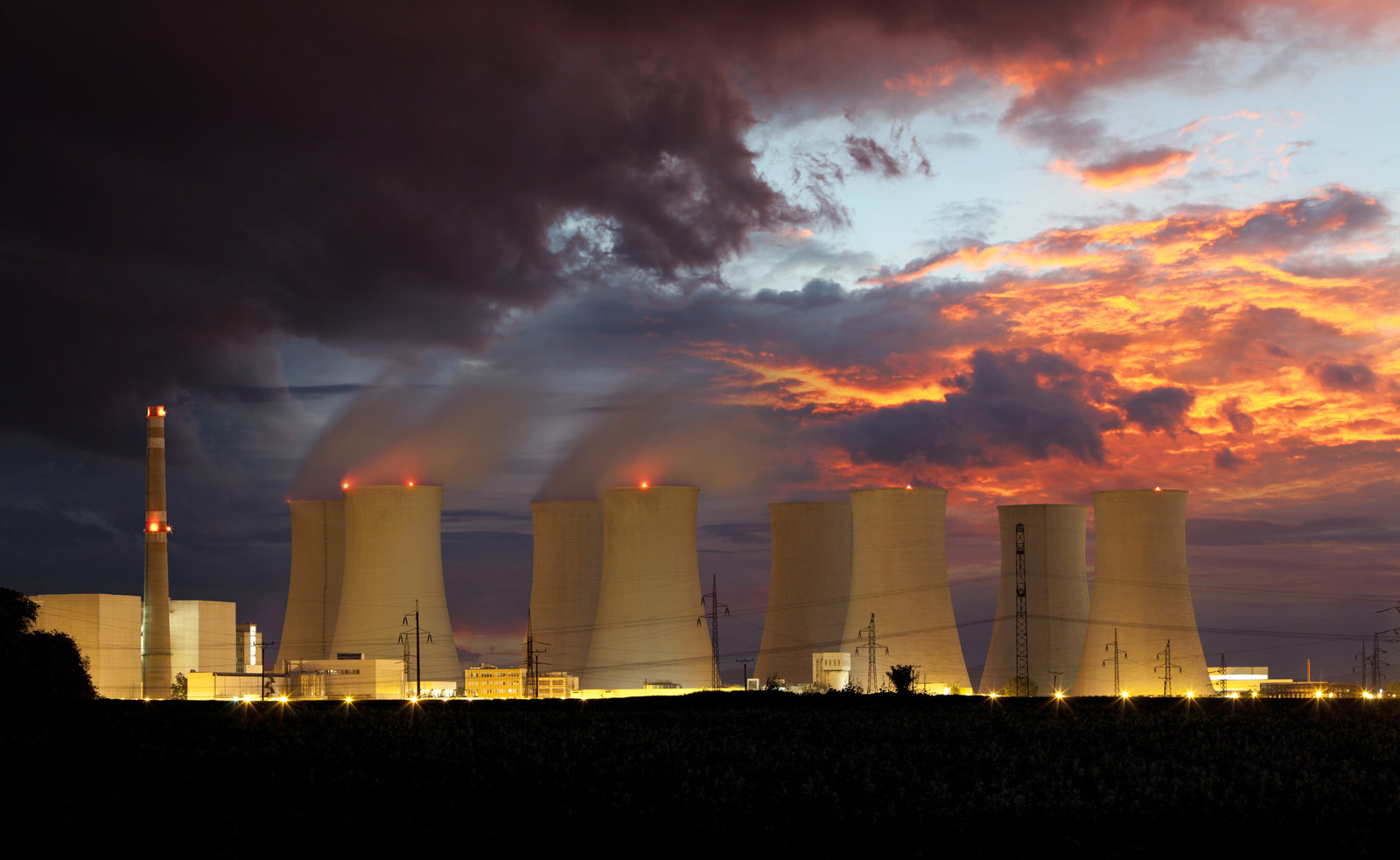Nuclear energy is getting crushed by cost concerns

How are those plans for Daba’a going? The biggest problem with nuclear energy isn’t safety, economist Noah Smith argues in his Bloomberg View column, it’s cost. Despite the perception of it being a “clean” source of energy compared to other fossil fuels. “the economics of nuclear are almost certain to keep it a marginal part of the energy mix.” Smith argues that a new nuclear power plant costs about USD 9 bn to build, Egypt’s Russia-financed proposed Daba’a project is slated to cost a total of USD 25 bn to build four 1.2 GW nuclear reactors.
Smith’s USD 9 bn figure is “more than 1,000 times as much as a new fracking well.” He mentions it would also cost “more than 3,000 times as much as the world’s biggest solar plant.” (He’s wrong there, incorrectly identifying that plant as the Ivanpah Solar Plant in the Mojave Desert, when the world’s largest solar plant is actually Morocco’s Ouarzazate Power Plant that has an peak production capacity of 580 MW and comes at a total production cost of USD 9 bn). However, Smith’s point still stands: “Raising [USD 9 bn] is a daunting obstacle. It’s more money than Apple Inc., the U.S.’s most valuable company, borrowed in 2016… It’s hard to raise money for projects with giant fixed costs and long horizons for repayment, because they’re inherently risky. If something goes badly wrong with the project, all of that up-front money is lost. If competition makes a project un-economical in five or 10 years in the future, the financiers will take a big loss. It’s very hard to make predictions of more than a few years, especially about competing technologies.” And more importantly, solar continue to make significant progress. Plus, you know, there’s not going to be a solar Chernobyl.
Rapid advances in competing technologies are the main risk for nuclear energy going forward. “Solar power is already cheap and is plunging in price, while energy storage is also becoming much more affordable. If these trends continue, a nuclear power plant that’s economical today will be out-competed in a few years. In other words, there will be no way the owner could recover the fixed costs. What’s worse, nuclear doesn’t look like it’s getting any cheaper.” Of course, safety remains a concern as well. If terrorists find a way to attack nuclear power plants, the risks would obviously be catastrophic, similar to what might result from hackers attacking a plant’s software and causing it to meltdown. It is unclear how genuine these threats could be a few years from now, but it would all feedback into the cycle of increasing costs as preventing such attacks would require significant investment and will probably result in “large unanticipated costs.”
In Egypt’s case we have the added layer of risk of having the proposed power plant in Daba’a built near a diabolical maze of landmines still left from the Second World War. All of these risks move in parallel with the potential for human error, naturally, and we’re not sure if we’d have Homer Simpson to save us from a nuclear meltdown (runtime 02:31).